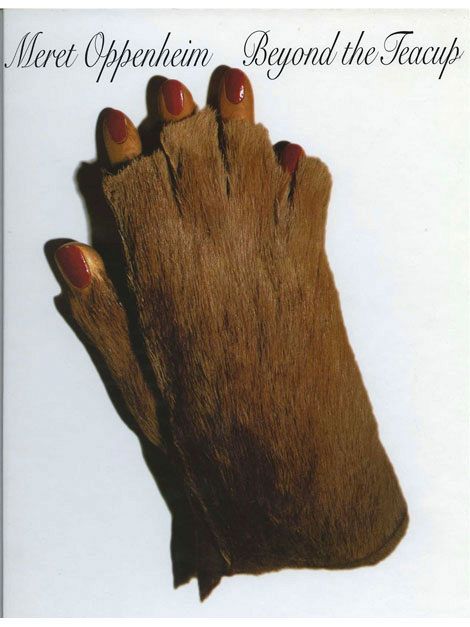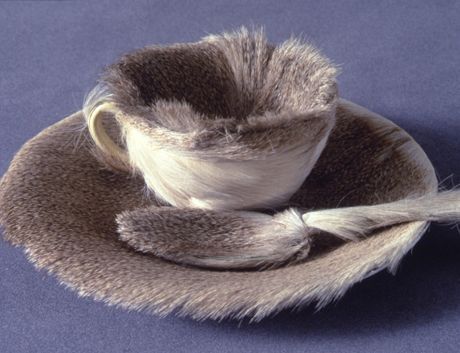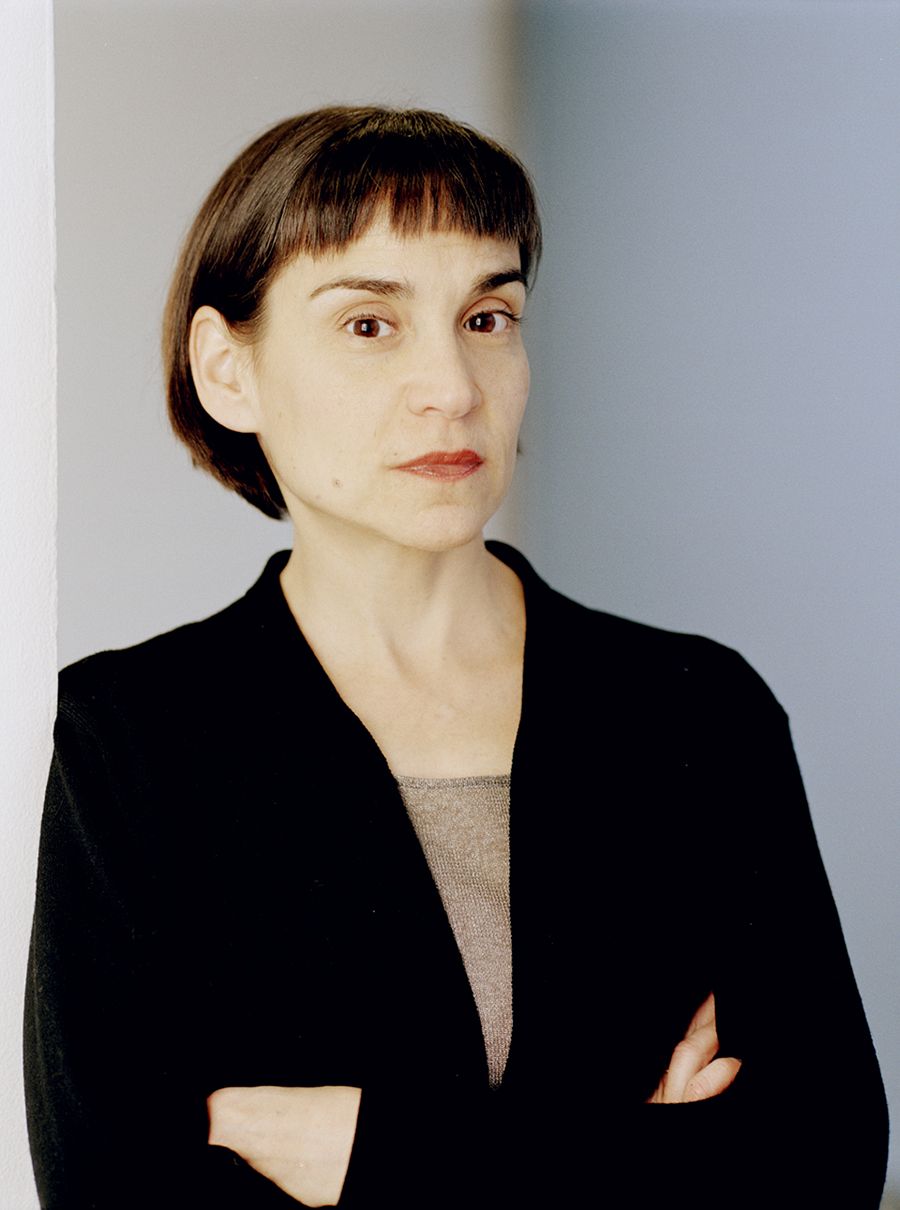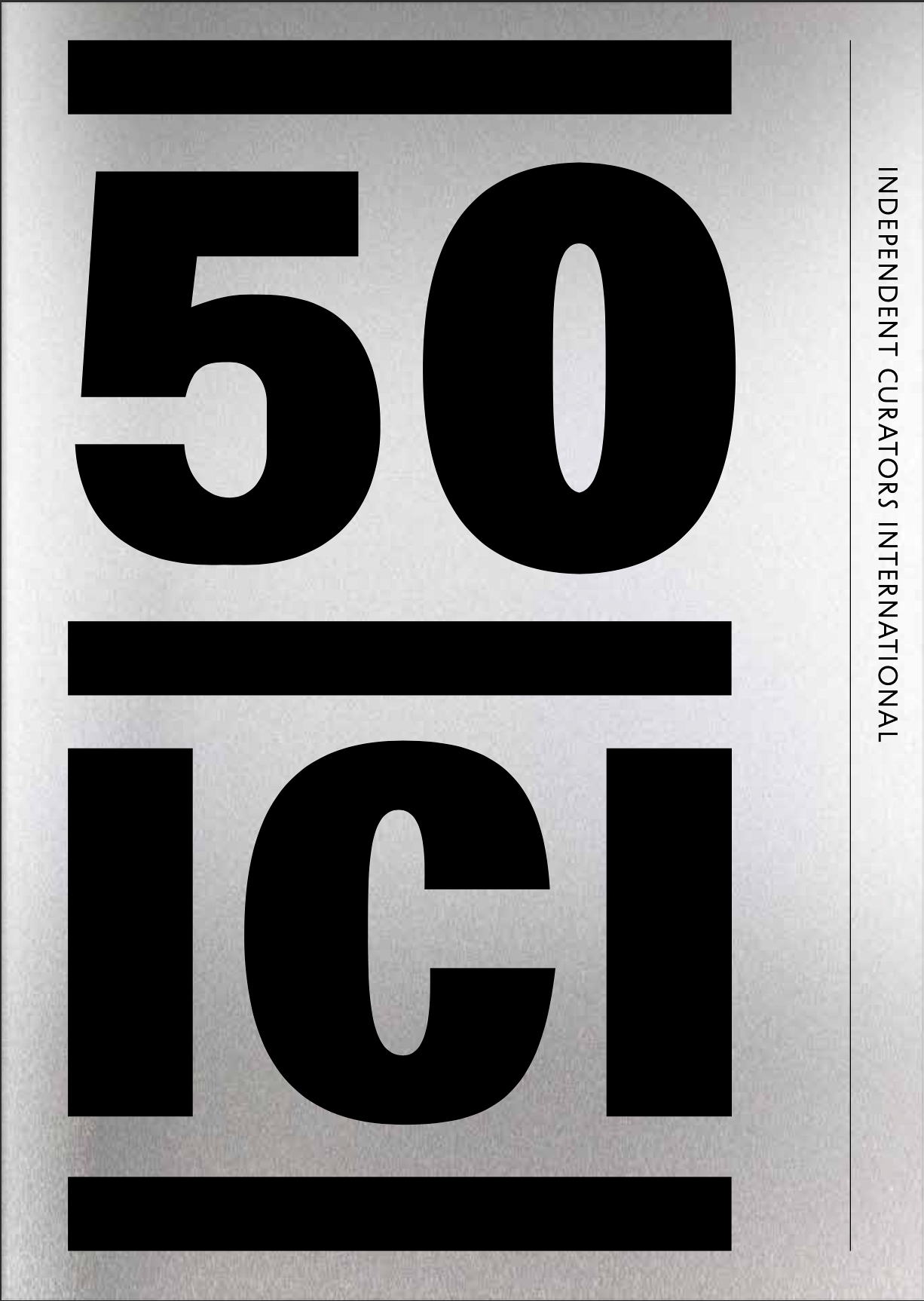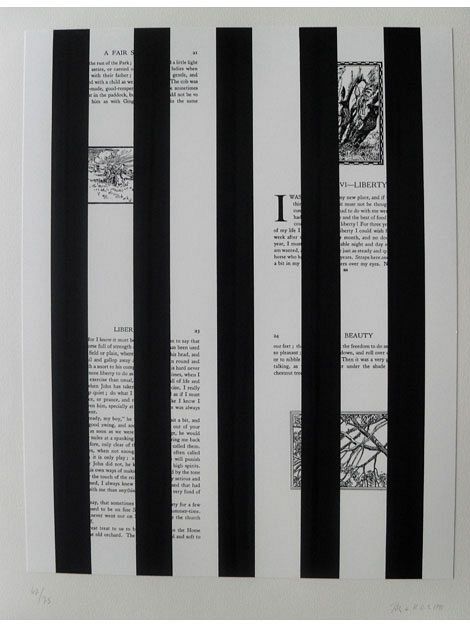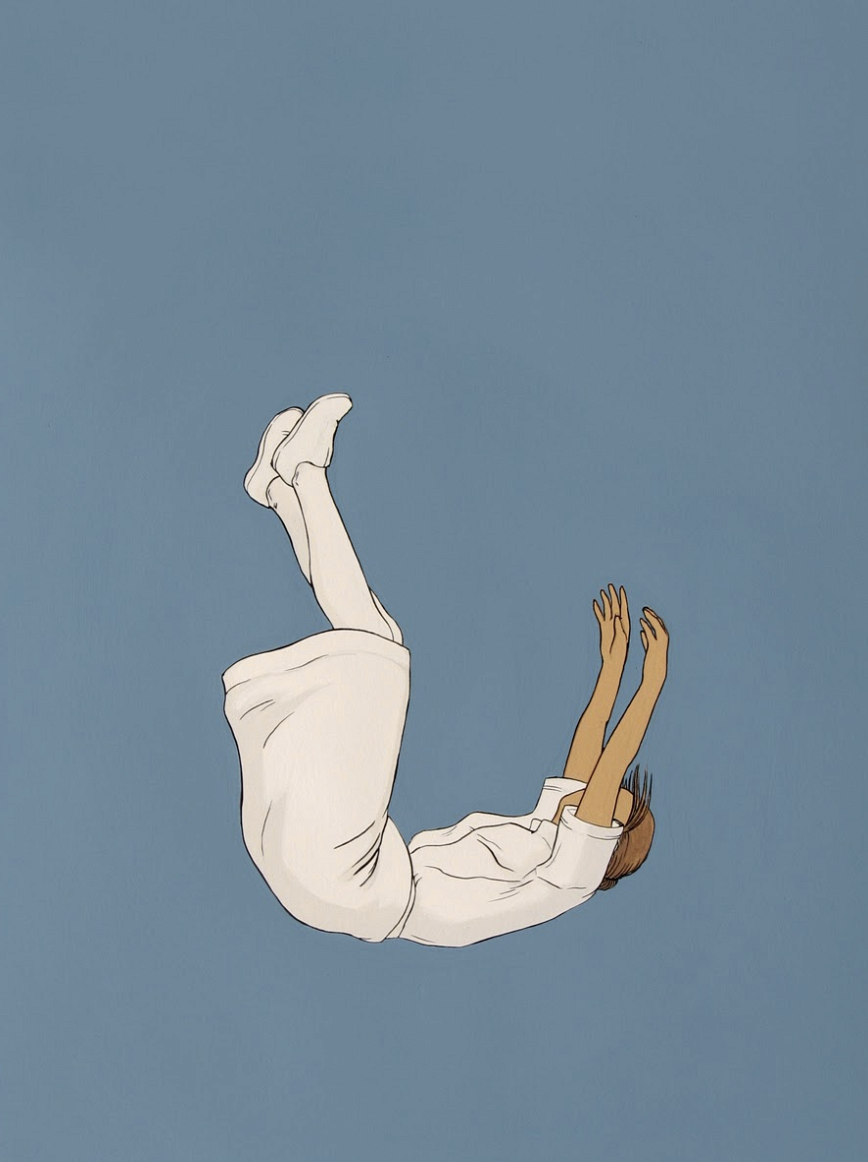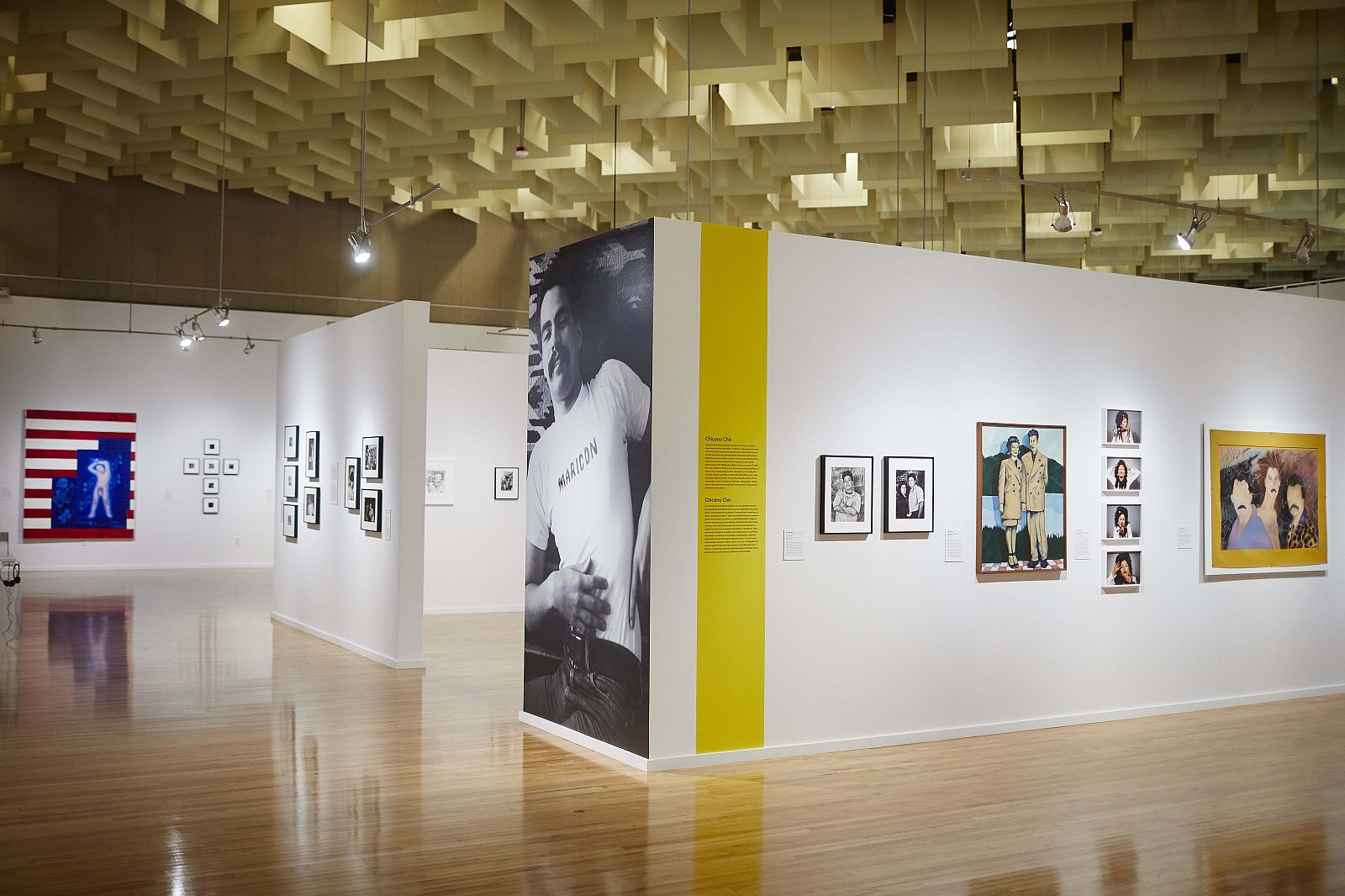Meret Oppenheim: Beyond the Teacup gives an overview of five decades of production of the famous Swiss artist whose dark and witty work serves as a counterpart to the male-dominated Surrealist movement. Oppenheim caught the art world's attention in 1936 when she produced the iconic piece “Breakfast in Fur” – a spoon and teacup covered in fur - a piece that is now considered a key work of the Surrealist period. However, her rapid involvement in the movement as a muse– evidenced in the multiple times she posed for Man Ray, appearing in nude studies and theatrical pictures– indicates a number of tensions in the way her involvement with the Surrealists was actually perceived.
“While not a Surrealist artist in her own right, Oppenheim herself was colonized as a Surrealist object: her body a territory to peruse; her art works, spoils to expropriate” writes Nancy Spector in her insightful essay included in the book. Spector explores the way these images have overshadowed Oppenheim’s work, by creating a perception of her –both at the time, and later on– first as muse and only afterward as an artist.
The book includes over 100 color plates illustrating a wide range of Oppenheim’s work (painting, sculpture, collage, objects, and poems), giving an encompassing summary of the artist's production.
Burckhardt, Jacqueline and Curiger, Bice, Meret Oppenheim: Beyond the Teacup,Inependent Curators International (ICI), New York, 1996. 175 pages. Hardcover and softcover editions. ISBN 091636545X (hbk.) 0916365468 (pbk.) $29.99
Foreword by Dr. Christoph Eggenberger; introduction by Susan Sollins; essays by Josef Helfenstein, Thomas McEvilley, and Nancy Spector.
